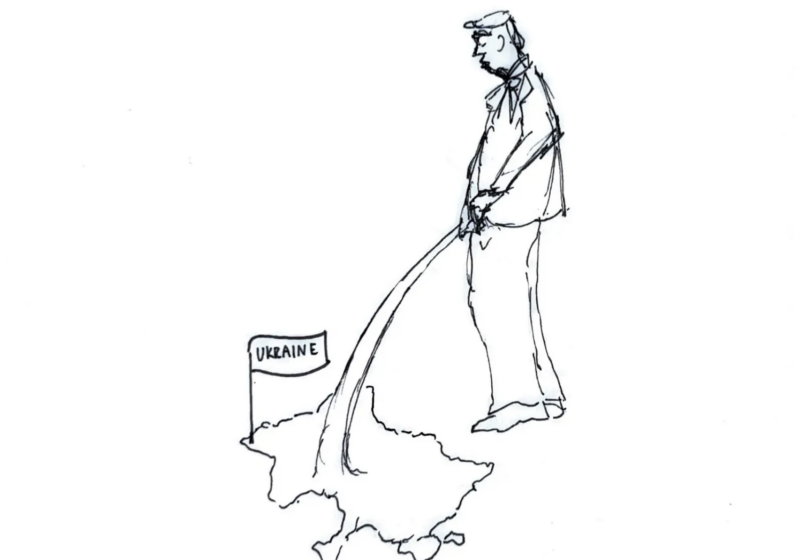In 1972, women accounted for only about 38 percent of the labor force. Today, they make up closer to 47 percent. During the 1969-70 school year, only 92,481 master’s degrees were awarded to women, compared to 143,083 awarded to men. Those numbers have risen monumentally since, with the 2009-10 year seeing 417,828 master’s degrees awarded to women compared to 275,197 awarded to men. In 1970, only about 11 percent of Ph.Ds that year were awarded to women, compared to 2010, when the figure was closer to 50 percent.
Clearly, women are closing gaps in many fields. They are seen, and are seeing themselves, as equal to men in all fields. As the gaps close, women are getting more and more confident to try things that were seen previously as reserved only to men, and, even in some cases, doing better than men.
So, why is it still considered the norm for a woman to change her last name when she gets married to a man? The tradition came about with the archaic idea that women become the property of their husbands after marriage. That’s where the term “maiden name” comes from. A maiden, meaning a virgin, retained her birth name until her virginity was essentially sold to her husband, when she then became his “property” and thus adopted his last name.
In the past, when these concepts were first formed, marriages were a huge thing—but not in a “featured in TLC’s ‘Four Weddings’” kind of way. Instead, marriages were a way of securing yourself a comfortable future. The woman stayed home and bore children and were responsible for them. The man went out and worked to earn an income to support his family. These roles were a given and never really opposed. Marriage was just a glorified business transaction. Dowries, in which the woman’s family pay the man’s family to accept their daughter and support her, were part of this transaction in many cultures.
Dowries not the case anymore in America, though. Women are taught to be their own person from a young age. In many developed countries, women are encouraged to study higher education, develop their own talents and bloom into independent women. As of 2012, nearly 50% of married couples had dual incomes.
And, yet, it’s still the default to change your name after marriage if you are a woman.
Sure, it may have been cute when you doodled “Mrs. Jonas” all over your notebook in sixth grade, but there’s no real reason for this anymore. A name is an identity. As one grows and matures, their name collects a personality and uniquely identifies them a person. When Caitlyn Jenner appeared on the cover of Vogue declaring “Call me Caitlyn,” it was a monumental statement. This was the final step of her metamorphosis into who she truly was.
I love my last name. It’s my favorite part of my name. It identifies me with my family, with my culture, with everything that reminds me of home. To take that away is separating me from everything I grew up with and everything I am. I would get my bachelor’s degree and a job with the education I got with my name. People with my last name supported me through high school and college and were there for every milestone. Sure, I got married to some Doe, but did they do anything for me during my most important years? No matter the family I married into, I will always be “Raaga Kanakam.” Nothing more, nothing less.
It’s also just practical to keep your old name. You don’t get to just magically start legally using your shiny, new last name. You have to first request lots of copies of your marriage certificate so you have proof of marriage and therefore proof of needing a name change, which could cost you a lot. In New York, it’s $30 per copy. Then, you have to do lots of paperwork and send applications and a certificate to Social Security, the DMV, the post office, passport office, your employer, telephone and utility companies, banks and insurance agencies. And, these are just the required ones. It’s a lot easier and less of a hassle to just keep your name.
In addition, this tradition is just no longer applicable. What about for a same-sex marriage? Who gets whose name? Do you flip a coin? Play a game of Monopoly and the first person to flip the board has to change their name? If they get to have a discussion and pick the option that they are most comfortable with, why can’t women in a heterosexual marriage feel more free to do that? What is it about a union between a man and a woman that makes women “property” in this day and age?
Let’s abandon this tradition. No one is anyone’s possession, and no one should be forced to change something so close to them. Don’t make women feel guilty for wanting to keep the name they were born with. They are still a whole person without their husband.





